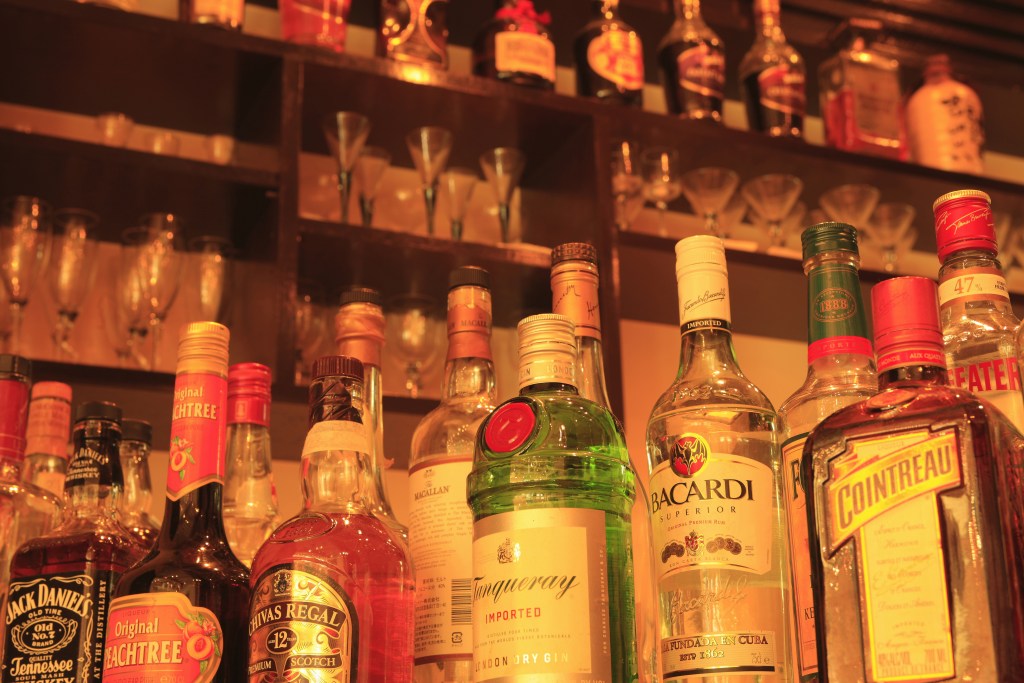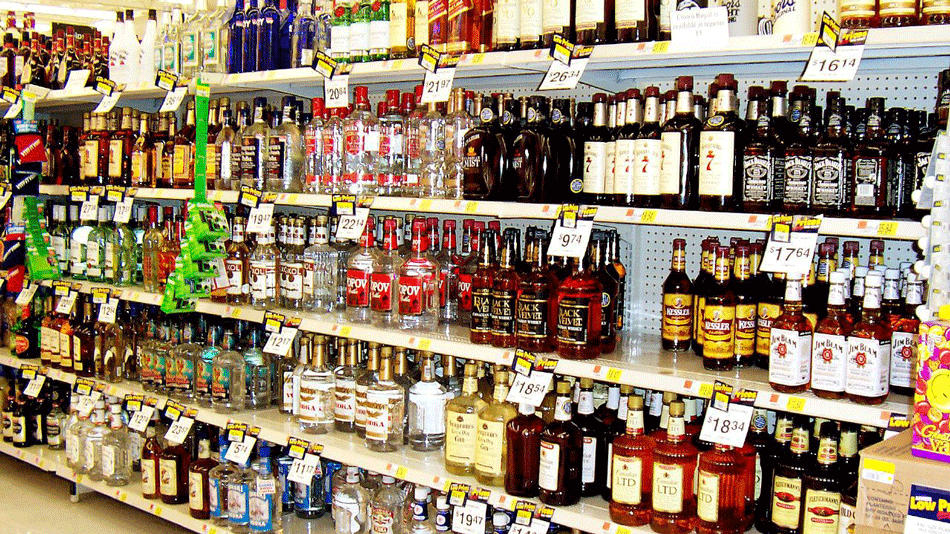As liquor sales continue to increase across the country, so-called blue laws are being challenged in multiple states. On March 20, 2018, big box stores won a victory in Texas in a decision that, if it holds, will allow stores like Walmart to sell liquor in addition to beer and wine.
U.S. District Judge Robert Pitman ruled for Walmart and against the Texas Alcoholic Beverage Commission, stating that a Texas state law outlined in the Texas Alcoholic Beverage Code preventing national chains like Walmart from selling liquor is unconstitutional. Right now, publicly traded businesses are not allowed to own liquor stores, a law that is unique to Texas.

"Texas is the only state that bars public corporations from selling liquor solely because of their status as public corporations,"said Pitman in his 50-page ruling stating that the law violates the Dormant Commerce Clause of the U.S. Constitution which regulates restrictions on state power in regards to interstate commerce.
The Texas Package Stores Association, who joined with the Texas Alcoholic Beverage Commission as a defendant in the case, plans to appeal the ruling to the 5th Circuit Court of Appeals. Pitman issued a stay on his decision, meaning the ruling won't take effect until the appeals process is complete, a process that could take up to a year. It is also possible that the decision will end up being argued in front of the Supreme Court.
"We applaud Judge Pitman's order striking down Texas laws that have prevented us from fully serving our customers," said Walmart spokeswoman Anne Hatfield in a statement. "Walmart filed suit because these laws are unfair and hurt our customers. We are grateful for Judge Pitman's thoughtful opinion, finding that these laws violate the U.S. Constitution."

Pitman also ruled that another Texas law allowing family-owned liquor businesses to apply for an unlimited number of liquor store permits was unconstitutional because it violates the Equal Protection clause in the 14th Amendment of the Constitution.
If the ruling is upheld, large retail chains who want to sell hard liquor will still have to open a separate store, although that location can be adjacent to the original location as long as it has a separate entrance. In a statement posted on the organization's website, Lance Lively, executive director for the Texas Package Store Association, noted their disappointment in the court's decision.
"The Texas Legislature put a system in place to ensure safe access to alcoholic beverages in Texas, and that system has worked for over 80 years. We will appeal the trial court's decision and continue to fight for family-owned liquor store owners against the world's largest corporate entities that seek to inflate their profits by upending sensible state laws that protect both consumers and small businesses," said Lively.





